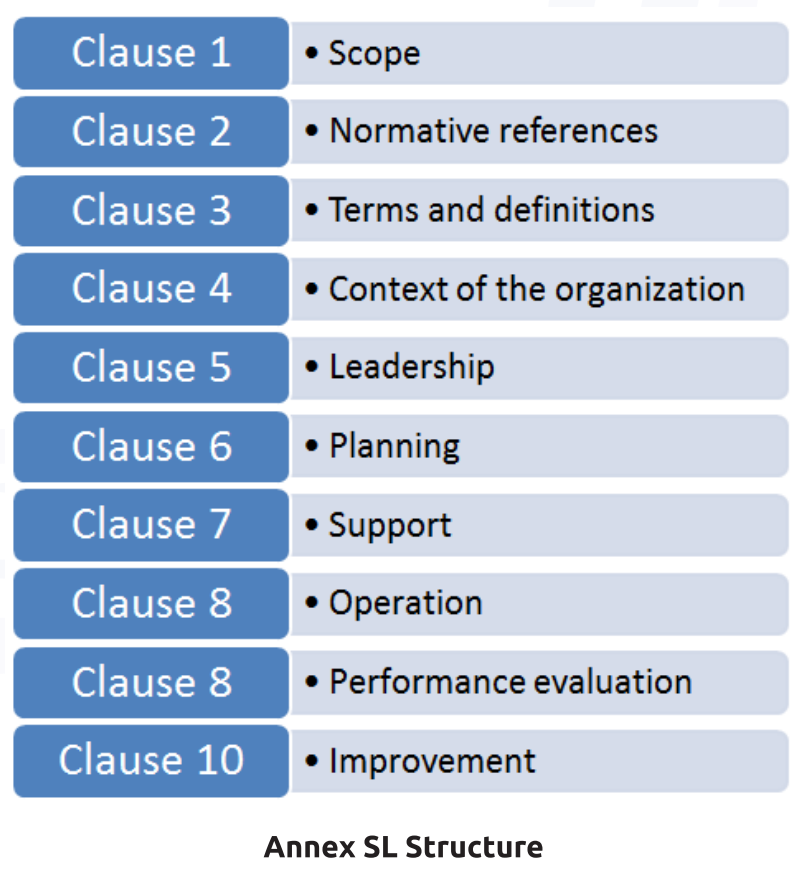
You should take into account several factors when searching for a multifamily mortgage loan. These factors include the downpayment, interest rate, as well as other financing options. This article will explain the rates and down payment requirements for these types of loans. After you have the information you need, you can make an informed decision about which mortgage loan is best for you.
Multi-family mortgage loan rates
There are several factors that impact the interest rate of multi-family mortgage loans. First, these loans generally have higher reserve requirements that conventional loans. This is because a multifamily loan carries a higher level of risk. This is why buyers should seek out a multifamily lender.
Traditional FHA mortgages allow borrowers to buy multifamily properties with up to four units. The program's benefits include a low down payment, and a lower interest rates. Other benefits include lower DTI, less stringent requirements, and lower DTI.

Down payment requirements
The down payment requirements for multifamily mortgage loans are different depending on what type of property. For example, a three-unit multifamily property may require a 20% down payment, while a two-unit multifamily property might only require a 5% down payment. In addition, different banks have different guidelines regarding how much of a down payment is required on a multifamily property.
While the down payment required for multi-family properties is significantly higher than that of single-family homes, you can still get approved with a low down payment. There are a few programs that require as little as five percent down, and some lenders may allow as little as zero down. Some programs allow you to borrow the downpayment of a parent or relative in order to finance a portion your mortgage.
Rate requirements
Before applying for a multi-family mortgage loan, there are several things you need to do. The first step is pre-qualification, which involves a review of your credit score, income, and assets. Lenders require that you have a credit score of at least 680 to be approved for a loan.
Alternative financing options
Alternative financing can present some difficulties. These include limited documentation, a lack of data on the effectiveness of alternative financing, and wide variations among states in the types of alternative financing available. The inability to conduct research can prevent policymakers from properly assessing the benefits and harms associated with alternative financing.

Alternative financing options for multifamily mortgage loan requirements include private equity, debt funds, and online marketplaces. Private equity funds can often be used to finance commercial real-estate deals. These funds pool the capital and provide equity or debt financing to borrowers. This type of financing may not be suitable for everyone and should only be used with caution.
FAQ
How many times may I refinance my home mortgage?
It all depends on whether your mortgage broker or another lender is involved in the refinance. You can typically refinance once every five year in either case.
What is a "reverse mortgage"?
Reverse mortgages are a way to borrow funds from your home, without having any equity. It allows you access to your home equity and allow you to live there while drawing down money. There are two types available: FHA (government-insured) and conventional. You must repay the amount borrowed and pay an origination fee for a conventional reverse loan. If you choose FHA insurance, the repayment is covered by the federal government.
Is it cheaper to rent than to buy?
Renting is generally less expensive than buying a home. But, it's important to understand that you'll have to pay for additional expenses like utilities, repairs, and maintenance. Buying a home has its advantages too. For example, you have more control over how your life is run.
Statistics
- This seems to be a more popular trend as the U.S. Census Bureau reports the homeownership rate was around 65% last year. (fortunebuilders.com)
- The FHA sets its desirable debt-to-income ratio at 43%. (fortunebuilders.com)
- Based on your credit scores and other financial details, your lender offers you a 3.5% interest rate on loan. (investopedia.com)
- Private mortgage insurance may be required for conventional loans when the borrower puts less than 20% down.4 FHA loans are mortgage loans issued by private lenders and backed by the federal government. (investopedia.com)
- 10 years ago, homeownership was nearly 70%. (fortunebuilders.com)
External Links
How To
How to Manage a Rent Property
While renting your home can make you extra money, there are many things that you should think about before making the decision. These tips will help you manage your rental property and show you the things to consider before renting your home.
If you're considering renting out your home, here's everything you need to know to start.
-
What factors should I first consider? Before you decide if your house should be rented out, you need to examine your finances. If you have any debts such as credit card or mortgage bills, you might not be able pay for someone to live in the home while you are away. You should also check your budget - if you don't have enough money to cover your monthly expenses (rent, utilities, insurance, etc. You might find it not worth it.
-
How much does it cost for me to rent my house? There are many factors that go into the calculation of how much you can charge to let your home. These factors include location, size, condition, features, season, and so forth. Remember that prices can vary depending on where your live so you shouldn't expect to receive the same rate anywhere. Rightmove reports that the average monthly market price to rent a one-bedroom flat is around PS1,400. This means that you could earn about PS2,800 annually if you rent your entire home. It's not bad but if your property is only let out part-time, it could be significantly lower.
-
Is it worth it. Although there are always risks involved in doing something new, if you can make extra money, why not? Before you sign anything, though, make sure you understand exactly what you're getting yourself into. Not only will you be spending more time away than your family, but you will also have to maintain the property, pay for repairs and keep it clean. Before you sign up, make sure to thoroughly consider all of these points.
-
Are there benefits? So now that you know how much it costs to rent out your home and you're confident that it's worth it, you'll need to think about the advantages. There are plenty of reasons to rent out your home: you could use the money to pay off debt, invest in a holiday, save for a rainy day, or simply enjoy having a break from your everyday life. You will likely find it more enjoyable than working every day. If you plan well, renting could become a full-time occupation.
-
How can I find tenants? Once you decide that you want to rent out your property, it is important to properly market it. Listing your property online through websites like Rightmove or Zoopla is a good place to start. Once you receive contact from potential tenants, it's time to set up an interview. This will help to assess their suitability for your home and confirm that they are financially stable.
-
How can I make sure I'm covered? If you don't want to leave your home empty, make sure that you have insurance against fire, theft and damage. You will need insurance for your home. This can be done through your landlord directly or with an agent. Your landlord will usually require you to add them as additional insured, which means they'll cover damages caused to your property when you're present. This does not apply if you are living overseas or if your landlord hasn't been registered with UK insurers. In these cases, you'll need an international insurer to register.
-
Even if your job is outside the home, you might feel you cannot afford to spend too much time looking for tenants. You must put your best foot forward when advertising property. Make sure you have a professional looking website. Also, make sure to post your ads online. Additionally, you'll need to fill out an application and provide references. While some people prefer to handle everything themselves, others hire agents who can take care of most of the legwork. You'll need to be ready to answer questions during interviews.
-
What happens after I find my tenant?After you've found a suitable tenant, you'll need to agree on terms. If you have a contract in place, you must inform your tenant of any changes. You can negotiate details such as the deposit and length of stay. It's important to remember that while you may get paid once the tenancy is complete, you still need to pay for things like utilities, so don't forget to factor this into your budget.
-
How do I collect my rent? When it comes to collecting the rent, you will need to confirm that the tenant has made their payments. You'll need remind them about their obligations if they have not. Any outstanding rents can be deducted from future rents, before you send them a final bill. If you are having difficulty finding your tenant, you can always contact the police. They will not normally expel someone unless there has been a breach of contract. However, they can issue warrants if necessary.
-
How can I avoid potential problems? Renting out your house can make you a lot of money, but it's also important to stay safe. You should install smoke alarms and carbon Monoxide detectors. Security cameras are also a good idea. Make sure your neighbors have given you permission to leave your property unlocked overnight and that you have enough insurance. You must also make sure that strangers are not allowed to enter your house, even when they claim they're moving in the next door.